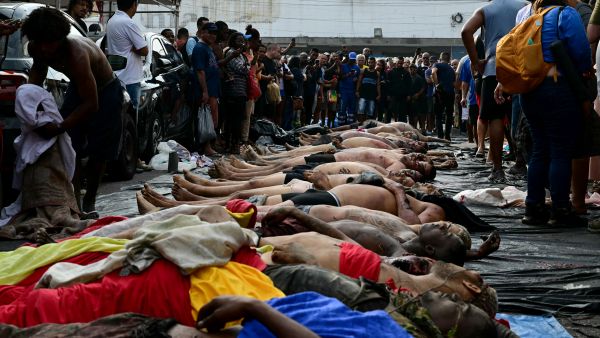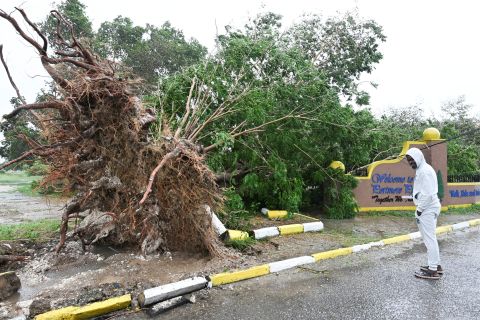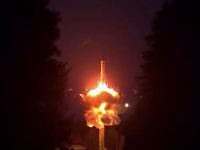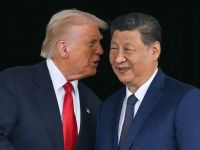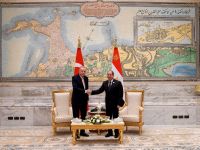ALBAWABA- The death toll from Brazil’s deadliest anti-drug operation has climbed to 132, according to Rio’s public defender’s office.
The massive raid, launched Tuesday, involved 2,500 officers backed by armored vehicles, helicopters, and drones targeting the Comando Vermelho (Red Command) gang in the densely populated Penha and Alemão complexes—northern Rio neighborhoods home to more than 100,000 people near the international airport.
Four police officers were among the dead in hours-long firefights where gang members reportedly hurled explosives from drones and blocked roads with burning buses, turning the communities into scenes of urban warfare.
Governor Cláudio Castro initially cited around 60 fatalities but later acknowledged the number would rise as morgues overflowed with bodies, many showing signs of execution-style killings, gunshots to the back of the head, burns, and restraint marks.
Witnesses described discovering relatives tied up and shot at close range, with dozens of bodies left on the streets under bloodstained sheets. “The state came to kill, not protect,” one activist said, echoing widespread outrage from human rights organizations accusing security forces of indiscriminate violence.
The operation underscores Brazil’s entrenched “war on drugs,” where Rio’s favelas function as strongholds for gangs controlling lucrative cocaine routes to Europe and the United States.
Police lethality remains staggering: nearly 700 people were killed in such raids last year, almost two a day, cementing Brazil’s reputation for the hemisphere’s deadliest policing, with over 6,000 annual fatalities nationwide.
Timed just days before major climate summits set to take place in Rio, the assault was reportedly aimed at securing tourist corridors but has drawn swift international condemnation.
UN human rights chief Volker Türk called for an independent investigation into possible extrajudicial killings, warning of “patterns of warlike conduct in civilian zones.”
President Luiz Inácio Lula da Silva has dispatched a federal delegation for emergency talks with Governor Castro as tensions mount, with community leaders warning that the bloodshed risks deepening mistrust and sparking cycles of revenge.



